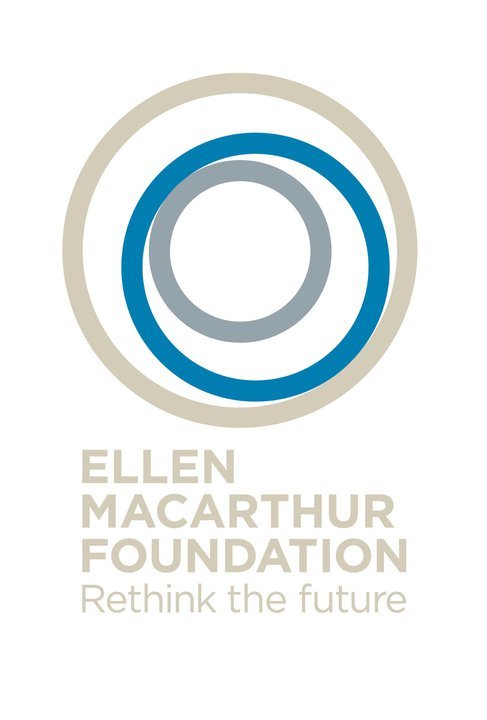In November, TU Delft got a brief introduction to ideas that may well shape the future.
Experts from the Ellen MacArthur Foundation spoke to students at the Faculty of Architecture and the Faculty of Industrial Design about sustainability and circular economy during their visit to the university.&
nbsp;
The cornerstone of the foundation, a circular economy is an alternative to the current production cycle of ‘use and throw’. This model seeks to “rebuild capital,whether this is financial, manufactured, human, social or natural.”
“The linear economy is mostly a waste economy. The new energy cycle has to be more circular, the consumption route has to be regenerative in order for there to be a better living experience,” explained Ken Webster, the head of innovation at the foundation.
Webster said that while government lobbies and traditional economists are wary of change, large corporations have come on board. The foundation’s global business partners are Renault, Kingfisher, Philips and Cisco. Circular Economy 100, a platform that brings together leading companies and innovators, includes IKEA, Chevron and DSM among others. “Holland and Denmark are two countries that have responded very well to these ideas, UK has not been bad either,” added Webster.
Their visit was also to talk to students about the foundation’s interest in education. Besides a university network, they conduct a big fellowship programme annually which is aimed at ‘inspiring a generation to rethink the future.’
The Schmidt MacArthur Fellowship is an international postgraduate fellowship on the circular economy, which brings together students from 15 leading universities for an intensive week-long programme.
Participating universities included TU Delft, Yale, Berkeley, Imperial College London, Stanford, Kedge Business School and Cranfield University. One student is selected from each college. The first one was held in 2013 and Flora Poppelaars, a student of Industrial Design Engineering, was selected from TU Delft.
After the summer workshop, students have to work on a related project which is submitted by September. They are also given awards of 2000 pounds.
Unlike other summer schools, here it is mandatory for the student to attend with a tutor.
“The idea is to take part in knowledge building and support and create an atmosphere where they can be taken further,” explains Jo Miller, the project leader of the Schmidt-MacArthur Summer School.
At TU Delft, Assistant Professor Renee Wever of Design Engineering has been designated to attend the Summer School. All applications have to discuss their projects with Wever in order to ensure that he will be willing to supervise their work, if selected.
The fellowship is open to students from business, engineering and design backgrounds.



Comments are closed.